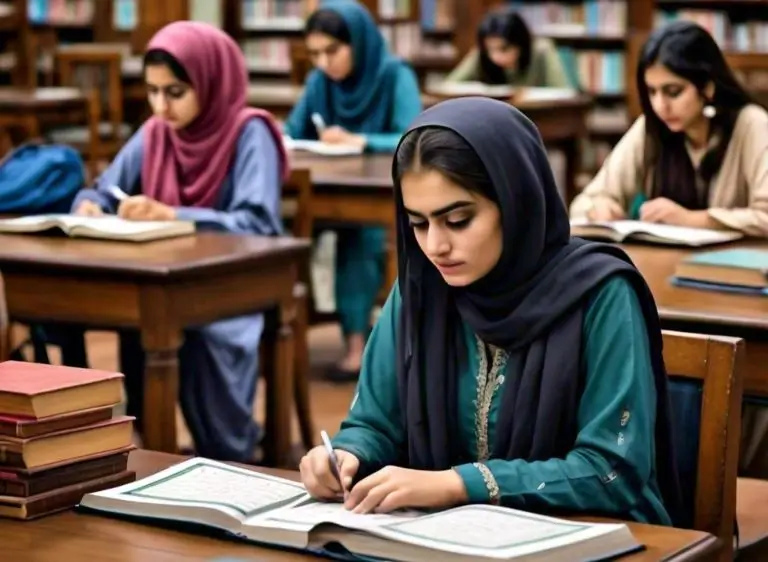Libraries have been the cornerstone of human knowledge and learning for centuries, serving as beacons of intellectual curiosity and discovery. In today’s digital age, the importance of libraries has only increased, as they continue to adapt and evolve to meet the changing needs of their communities. This article explores the multifaceted role of libraries in modern society, highlighting their significance in promoting literacy, education, community engagement, and economic development.
Promoting Literacy and Education
Libraries have long been recognized as essential institutions for promoting literacy and education. They provide free access to a vast array of books, journals, and digital resources, bridging the knowledge gap and fostering a love of learning. Libraries also offer a wide range of programs and services, including author talks, book clubs, and literacy classes, which help develop critical thinking, creativity, and communication skills.
Community Hubs
Libraries have become vibrant community hubs, offering a welcoming space for people of all ages and backgrounds. They provide platforms for social connection, collaboration, and civic engagement, hosting events and activities that promote community cohesion and social inclusion. Libraries also partner with local organizations and businesses, supporting economic development and community growth.
Digital Literacy and Access
Libraries play a critical role in promoting digital literacy and access, offering free or low-cost access to technology, the internet, and digital resources. They provide training and support, helping people develop the skills needed to navigate the digital landscape and fully participate in the information economy.
Preserving Cultural Heritage
Libraries are custodians of cultural heritage, preserving historical texts, documents, and artifacts for future generations. They provide access to rare and unique materials, supporting research, scholarship, and cultural enrichment.
Supporting Economic Development
Libraries contribute to economic development by supporting entrepreneurship, innovation, and workforce development. They provide access to business resources, mentorship programs, and training, helping to foster a culture of innovation and entrepreneurship.
Conclusion
In conclusion, libraries are indispensable institutions in modern society, playing a vital role in promoting literacy, education, community engagement, and economic development. As we advance in the digital age, libraries will continue to evolve, adapting to new technologies and societal needs. Their importance will only grow, serving as a testament to the enduring power of knowledge, community, and human curiosity.
